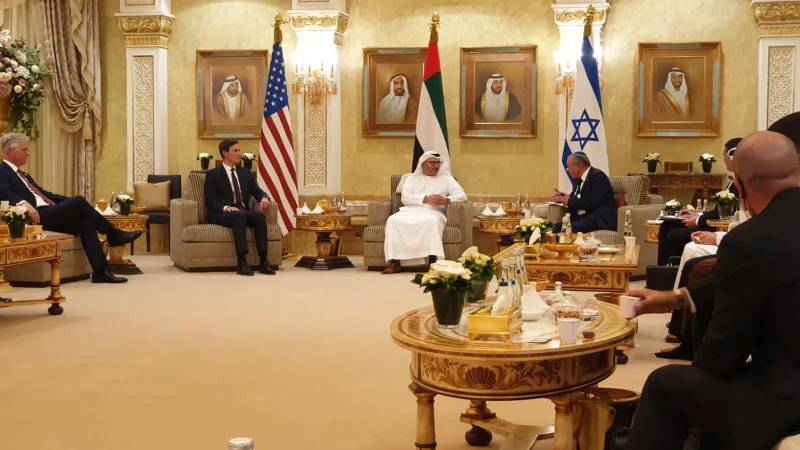
Once again, the small state of Qatar in the Persian Gulf is in the forefront to mediate a temporary truce between Hamas and Israel. The US and Egypt are also playing crucial roles. The media reports indicate that the US president directly spoke with the emir of Qatar, asking him to use his influence with Hamas leadership to iron out the last remaining wrinkles in the deal. As such Qatar’s role has been indispensable in negotiating, concluding, and implementing this complex deal.
On November 27, 2023, the first stage of the agreement was well in progress. The 4-day pause in fighting was mostly holding, the exchange of some captives between Israel and Hamas concluded and hundreds of trucks with humanitarian supplies were rolling into Gaza through the Rafah border crossing with Egypt. Earlier, Qatar, in collaboration with Egypt, negotiated the release of four Israeli and American captives and the exit of foreign nationals and injured Palestinians from Gaza after the Israeli bombardment began.
This is not the first time Qatar has played a mediator’s role in resolving a conflict. In 2008, Qatar mediated between Hezbollah and the Lebanese government to avert a civil war between the warring factions. In 2012, Qatar tried to mediate between Hamas and the Palestinian Liberation Organisation (PLO) which controlled Gaza and the West Bank respectively, to mend their differences and form a unity government in the two regions. The agreement later fell apart due to internal differences in the two groups.
Even without the long-standing Israel-Palestine conflict, the Middle East and the Persian Gulf region have been characterised by volatility, marked by authoritative states with ideological differences, sectarian and ethnic issues, active militia groups, proxy wars, and sporadic uprisings of people against their rulers.
When the US concluded that it could not win a military war in Afghanistan, it reached out to Qatar to facilitate negotiations with the Taliban in Doha, where Qatar had allowed the Taliban to open a political office some years ago. After lengthy negotiations, an agreement was reached between the parties in 2020 during the final year of the Trump administration to end the war, withdraw the US forces, and the Taliban take over the government. Then in September 2023, Qatar mediated a deal between the US and Iran for the release of five Americans held in Iranian prisons and the unfreezing by the US of $6 billion in Iranian funds. This cemented Qatar’s status as a key ally to the US in the Persian Gulf region.
Qatar is located on a peninsula and shares its only land border with Saudi Arabia in the south. It is surrounded by the Persian Gulf on the other three sides. It does not have territorial disputes with any country. Out of the 2.7 million population of Qatar, only 400,000 are Qatari citizens, and the rest of 85 percent are foreign workers that keep the economy growing. Its citizens enjoy a prosperous lifestyle with free education, healthcare, and many other benefits. The country has significant gas and oil reserves. It is a major exporter of liquified natural gas.
Even without the long-standing Israel-Palestine conflict, the Middle East and the Persian Gulf region have been characterised by volatility, marked by authoritative states with ideological differences, sectarian and ethnic issues, active militia groups, proxy wars, and sporadic uprisings of people against their rulers. Not to mention, all of this unfolds in the middle of vast reserves of oil and gas, upon which western countries and the world economy depend so heavily – thus exacerbating the challenges in the region.
Qatar maintains cordial relations with most of the rivalling nations. Sometimes it has been accused of playing both sides of a conflict. It hosts the largest military base for the US military in the region while at the same time allowed the Taliban to open a political office in Doha. It has provided a home to Hamas leadership as well and has been a major donor of humanitarian aid to Gaza and the West Bank for years.
From its energy industry Qatar has accumulated massive surplus funds which it has been investing in the US, Europe, and other countries. It is therefore in its strategic interest to maintain good relationships with other countries to ensure continued access to future investment opportunities. Conflict mediation efforts provide Qatar with important recognition around the world and have helped it emerge as a middle power in the Middle East. Along the way, it has earned a few IOUs which will come in handy in any future difficult situations.

